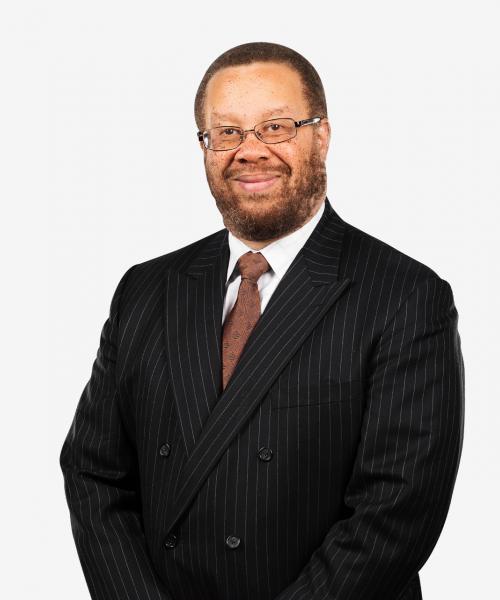NLRB Proposes Rule Excluding Private College and University Student Workers from NLRA Coverage
The proposed langauge reads:
Students who perform any services, including, but not limited to, teaching or research assistance, at a private college or university in connection with their undergraduate or graduate studies are not employees within the meaning of Section 2(3) of the Act.
The proposed rule embodies the Board’s current position, subject to public comment, that the relationship between a post-secondary school and its students is predominantly educational, not economic.
The Board took a circuitous route to reach that conclusion.
Nearly 50 years ago, in Adelphi University, 195 NLRB 639 (1972), the Board held that graduate student assistants are primarily students and should be excluded from a bargaining unit of regular faculty. The graduate students assistants were working toward their advanced academic degrees. And, the Board concluded that “their employment depends entirely on their status as such.” The Board also emphasized that graduate student assistants “are guided, instructed, assisted, and corrected in the performance of their assistantship duties by the regular faculty members to whom they are assigned.”
Two years later, the Board decided Leland Stanford Junior University, 214 NLRB 621 (1974), holding that graduate student research assistants are not statutory “employees.” In support, the Board pointed observed that (1) the research assistants were Ph.D. candidates in the school’s physics department; (2) they had to perform research to obtain a degree; (3) the school gave them academic credit for their research work; and (4) while they received a stipend from Stanford, the amount was not dependent on the nature or intrinsic value of the services performed or the skill or function of the recipient, but instead was determined by the goal of providing the graduate students with financial support. The Board distinguished the graduate student research assistants from employee “research associates” who were “not simultaneously students,” having already completed their graduate degrees.
The Board reversed course, about 25 years later, in New York University, 332 NLRB 205 (2000). Citing the breadth of the statutory language, the lack of any statutory exclusion for graduate student assistants, and the “uncontradicted and salient facts” establishing that the assistants in that case performed services under the control and direction of the university for which they were compensated, the Board concluded that “ample evidence exists to find that graduate assistants plainly and literally fall within the meaning of `employee' as defined in Section 2(3)” and by the common law.
The decision remained law until 2004, when the Board overruled it in Brown University, 342 NLRB 483 (2004). There the Board reasserted the “principle . . . that graduate student assistants are primarily students and not statutory employees.” Consistent with that principle, the Board found that “graduate student assistants, who perform services at a university in connection with their studies, have a predominately academic, rather than economic, relationship with their school” and therefore “[are] not employees within the intendment of the Act.”
Plus, as a policy matter, the Board concluded that “[i]mposing collective bargaining [between graduate student assistants and private universities] would have a deleterious impact on overall educational decisions . . . includ[ing] broad academic issues involving class size, time, length, and location, as well as issues over graduate assistants' duties, hours, and stipends.” Likewise, the Board found that the collective-bargaining obligation “would intrude upon decisions over who, what, and where to teach or research,” all of which constitute “the principal prerogatives of an educational institution.”
The Board reversed itself again, about two years later, in Columbia University, 3654 NLRB 90 (2016). Brown, according to the Board, “deprived an entire category of workers of the protections of the act, without a convincing justification in either the statutory language or the policies of the act.”
The Board’s proposed new rule will, if adopted, reverse Columbia University.
The public may submit comments and reply comments regarding the proposal, at www.regulations.gov. Comments are due by November 22, 2019. And, replies are due one week later, by November 29, 2019.
Contacts
- Related Practices
-
Read Time
4Minutes
